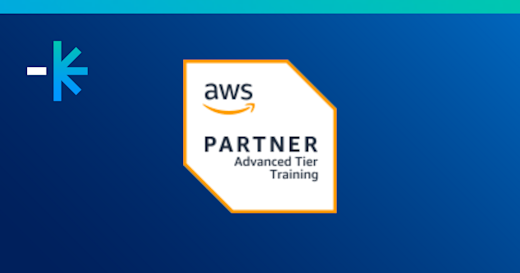Got a question? Call 1800 853 276 | Login
It is now a widely accepted fact that the amount of information created globally is doubling roughly every two years. How much of that information you learn in year one of a four year degree is therefore still relevant by the time you’re attempting to enter the workforce.
Let me just say that I don’t believe this will be the end of tertiary education, however we are already witnessing a diversion from the traditional path of education as students are forced to gain greater amounts of knowledge in a shorter period of time.
Even if the current rule eventually plateaus, that will still mean the amount of information a person has to interact with will change roughly four million times between their first birthday and their first year in the workforce. If we think we suffer from information overload today, just think of what our children will have to deal with.
A key driver of this knowledge tsunami is the Internet of Everything where it is expected that each and every person by the year 2020 will own eight IP connected devices collecting data 24/7. That’s over fifty billion devices all working together to track what you eat, who you associate with, where you drive, how you sleep and even why you are sad.
When you consider that 99% of “things” are not connected you can start to imagine the size and scope of what we’re talking about. That also doesn’t include the many and varied other devices that have not yet been invented.
A little known other phenomenon is that while humans have been busy connecting themselves via the World Wide Web, so have their machines. RoboEarth was connected in 2012 and its sole focus is to enable machines to collaborate and share information which will enable them to think and act without human interaction.
RoboEarth also has the ability to offload vast amounts of computing power across a worldwide distributed system to facilitate highly complex processing.
I was having a conversation with my five year old the other day and as is the case with most fathers, I asked him what he wanted to be when he grew up. Having an uncle who is a police officer may have swayed his thoughts just a little, and so can you imagine what his first answer was?
He then went on to share a whole host of other jobs, some of which I’d never even heard of, but then it’s not surprising when we consider that 75% of the jobs they will do have not yet been invented. It certainly makes the decision for most 18 year olds that much more difficult when they are asked to make a university course decision that may or may not dictate the direction of their entire working life.
So what does all this mean in terms of today? Well, it’s a little like what your grandfather always said that “you never stop learning”. One way or another, our brains are always absorbing knowledge so given that our capacity to store information has not increased in the last thousand years, it might be a good idea to focus your learning and make it count.
At DDLS we have many different hands on courses that enable and enhance our customers’ knowledge in the areas of People, Process and Technology. We are the leading technology training company in Australia for the last two decades and I’m confident we have the perfect course that will provide the next educational step in your never-ending learning journey.







